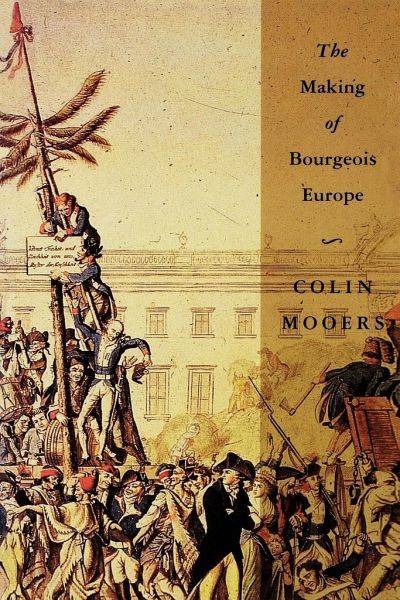
The Making of Bourgeois Europe
Absolutism, Revolution, and the Rise of Capitalism in England, France and Germany
Versandkostenfrei!
Versandfertig in über 4 Wochen
16,99 €
inkl. MwSt.

PAYBACK Punkte
8 °P sammeln!
This defense of the concept of bourgeois revolution reasserts the importance of basic historical materialist precepts to an understanding of the rise of European capitalism. In a wide-ranging analysis of British, French and German history—from feudalism to the system of rival capitalist states that was consolidated in the second half of the nineteenth century—Colin Mooers challenges both Marxist and non-Marxist revisionist interpretations of European history. He argues for an alternative conception of capitalist transition and bourgeois revolution which distinguishes between the conscious ...
This defense of the concept of bourgeois revolution reasserts the importance of basic historical materialist precepts to an understanding of the rise of European capitalism. In a wide-ranging analysis of British, French and German history—from feudalism to the system of rival capitalist states that was consolidated in the second half of the nineteenth century—Colin Mooers challenges both Marxist and non-Marxist revisionist interpretations of European history. He argues for an alternative conception of capitalist transition and bourgeois revolution which distinguishes between the conscious aims of social classes and the consequences of their actions for the long-term development of capitalism. Situating the continental revolutions of the eighteenth and nineteenth centuries in the wider context of capitalism’s ¿combined and uneven development,¿ the author shows how late-developing capitalist states like France and Germany were able to surpass British capitalism towards the end of the nineteenth century. The book concludes with a powerful critique of normative conceptions of bourgeois revolution which mistakenly counterpose the backwardness of English development to the supposedly more advanced bourgeois revolutions of the continent.












